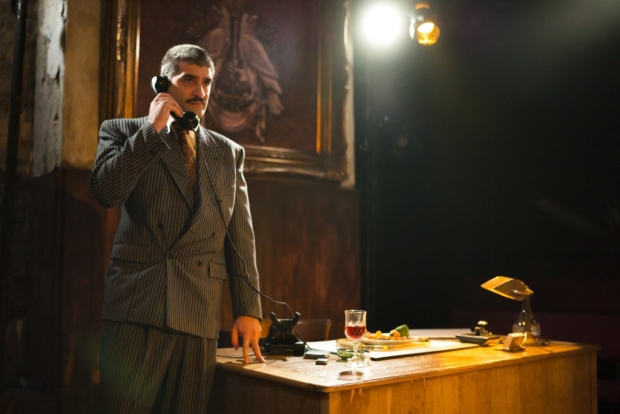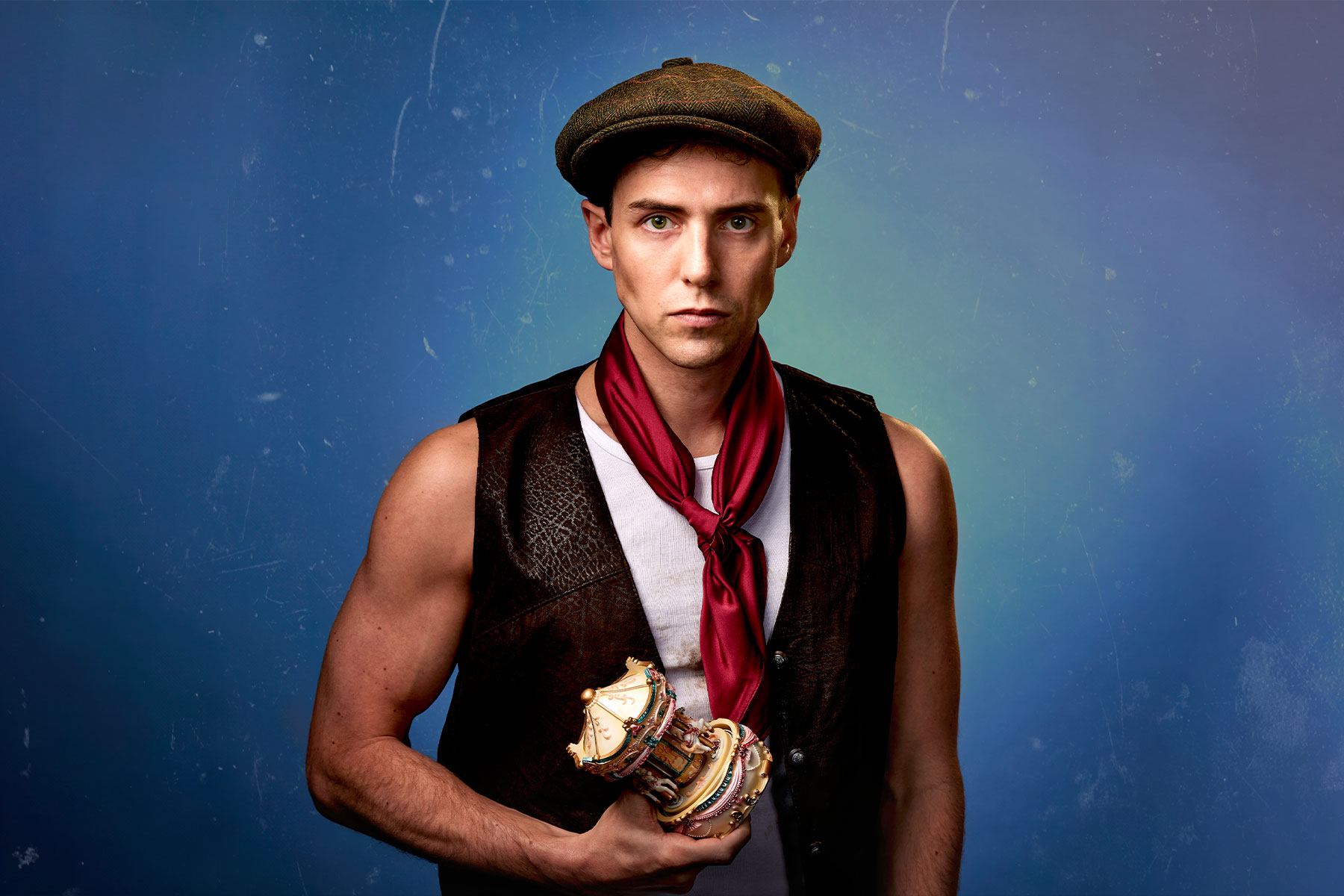Review: Tosca (King's Head Theatre)

© Nick Rutter
With opera it’s a matter of scale. The big beasts of Puccini (Madama Butterfly, La bohème) demand big voices and a space big enough for them to resonate. You can’t tone them down, so within the cramped confines of a pub theatre they tip the aural dial perilously into the red. It’s no coincidence that OperaUpClose, for example, has only really begun to thrive since it forsook the King’s Head Theatre, Islington, for the relative canyons of the Soho Theatre.
That company’s founding artistic director, Adam Spreadbury-Maher, now runs the earlier venue independently of his former colleagues and will shortly oversee a move to new premises next door. Tosca is his final operatic offering in that poky room-at-the-back, and it showcases both the best and the worst of pub opera.
In a practical move that works well, Spreadbury-Maher and his leading soprano, Becca Marriott, have updated and relocated Puccini’s thriller from 19th-century Rome to second-world-war Paris, with the rebel Angelotti transformed into a Jewish Resistance fighter and Scarpia into the chief of the collaborators’ Nazi-sanctioned police.
This switch makes the space work for the piece, and vice versa, because with no church interior or high battlements to worry about the director is free to create an environment of threatening intimacy. This he does with considerable success, abetted by convincing designs by Becky-Dee Trevenen. The opening act takes place in a Parisian café; the finale (we are told though not shown) beneath the Eiffel Tower. Guns are the slayers’ tool of choice.
'Voices at a distance of absolute zero'
A major asset of this Tosca is the reduction of Puccini’s lush score into a version for three musicians: pianist, cellist and clarinet/bass clarinettist. The instruments intertwine so effectively that the impression is surprisingly felicitous within a confined space. Curiously, no one is credited in the programme for this feat, but I take it to be the work of musical director Panaretos Kyriatzidis, who also played the keyboard part at the performance I saw, in the company of William Rudge (cello) and Sarah Douglas (wind).
Every part is double-cast to allow for daily performances of Tosca, and the opera is carried by a cast of just four. This has inevitably led to cuts, albeit fewer than you might think. For one thing, the splendid Thomas Isherwood doubled as both the Angelotti figure and the Spoletto heavy (both renamed by the adapters); for another, certain moments were delivered via clever atmospheric cheating. For instance, the exquisite shepherd’s song was rendered by a cool clarinet beneath an excerpt from a radio broadcast.
So far, so very good. Alas, the downside of this pub experience, as so often, is bleeding-ear syndrome. Not literally, you understand; but the pain of hearing operatic voices at a distance of absolute zero is real, and the stronger they are the worse it gets. Yet despite the physical discomfort I have nothing but praise for the excellent and committed lyric performances of Roger Paterson as Cavaradossi (here Frenchified into Cavaradain) and the police chief of Michael Georgiou, while Marriott is a terrific Tosca, less a force of nature than a great ball of fire. Poor Scarpia didn’t stand a chance.
Tosca continues at the King's Head Theatre until 28 October.










